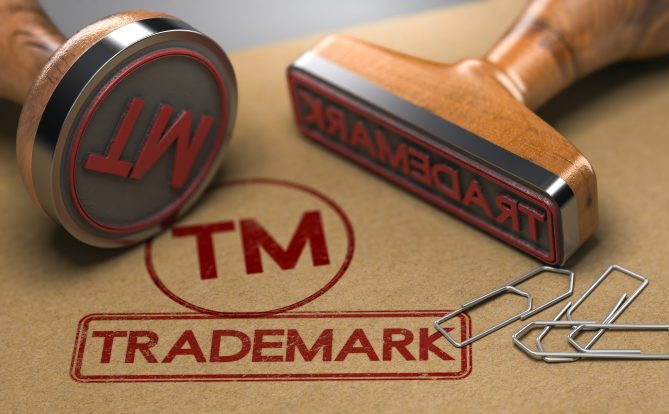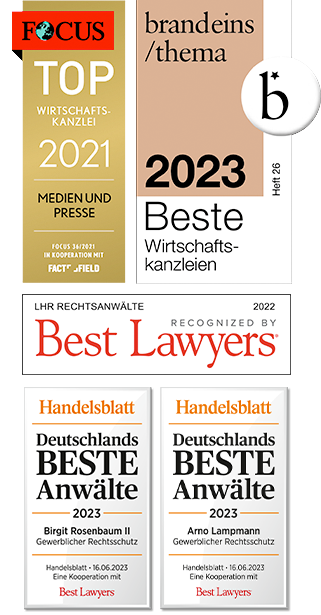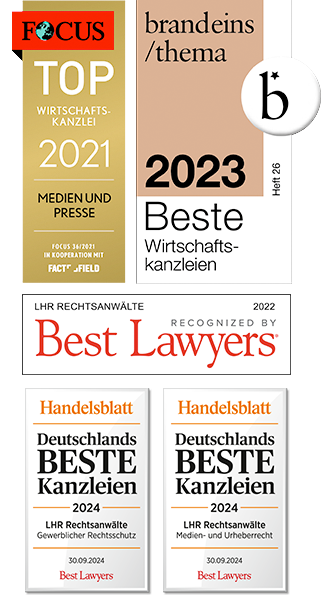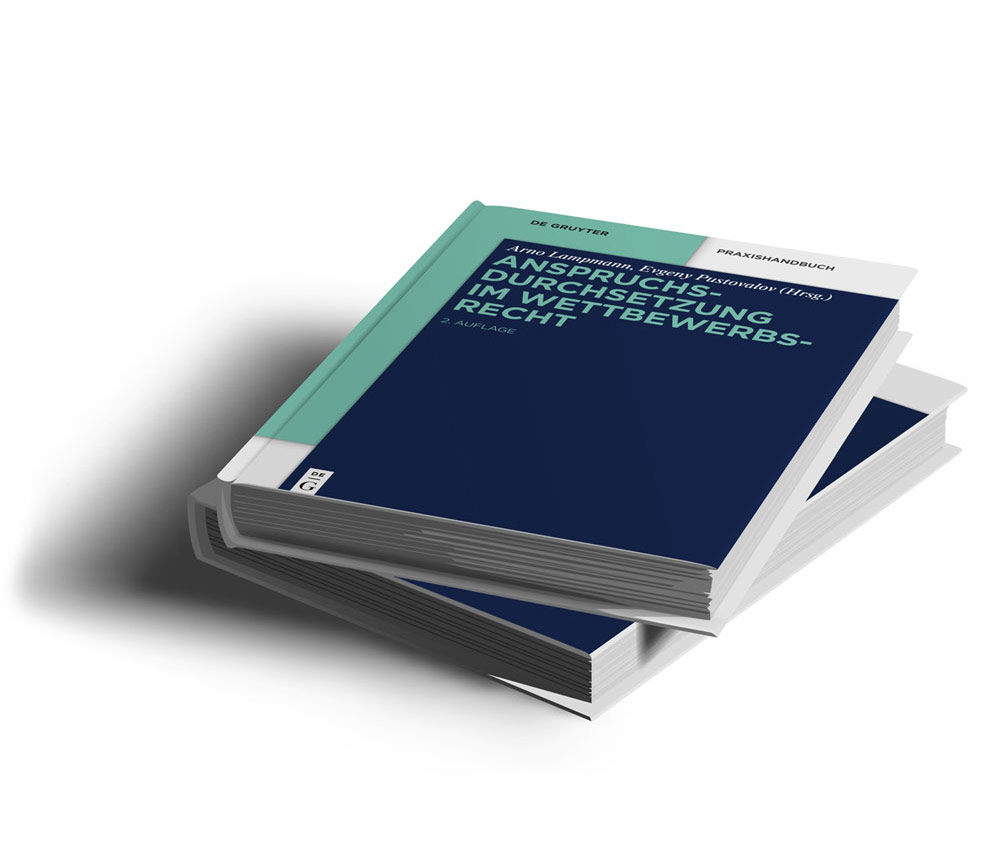Trade mark application in bad faith: The hurdles are high

Usually, the person who registers a word mark wants to offer the consumer a specific product under this name. And to ensure that this name is protected, i.e. that nobody else can use it to market their own products, they register it as a trade mark. Once it has been registered with the German Patent and Trade Mark Office (DPMA), you can rest assured that the word mark is protected.
Trade mark application in bad faith
However, there is also the case that someone registers a trade mark solely to prevent another party – such as a competitor – from using the trade mark for themselves. If this destructive idea alone is behind the application for registration, then it can be rejected as ‘bad faith’ because such Markenanmeldungen are excluded by law (§ 8 Abs. 2 Nr 14 MarkenG).
What exactly constitutes bad faith is governed by case law. There are basically three different cases, which can also occur simultaneously: The registration of the trade mark without the intention of using it, i.e. solely with the ulterior motive of monetising its intrinsic value at some point, then the registration of a similar trade mark to hinder the commercial activities of a competitor who is the owner of the trade mark to which reference is made with intent, and finally such a trade mark registration which, with the resulting blocking effect, aims to have a kind of leverage in the competitive struggle.
High hurdles
However, the hurdles for cancelling a trade mark application on the grounds that it was made in bad faith are very high and it depends on dated proof of the requirements for bad faith, as shown by proceedings concerning a word mark registered in her name by an employee of a family business. The employee is also the sister-in-law of one of the owners of the business. Before the dispute arose, he and his brother were equal partners in the GbR, which had registered a total of three trade marks in the name of the employee. This was so that the trade marks would remain in the family even in the event of insolvency. However, there was now a dispute between the brothers and one of the trade marks was to be cancelled according to the brother-in-law’s wishes, as the trade mark owner wanted to harm him, he claimed.
In its decision, the DPMA pointed out that all circumstances of the individual case must be examined. During this examination, it could not be established with certainty that this was really the reason for the registration of the word mark, i.e. that it was a bad faith trade mark application by the sister-in-law. Her brother-in-law had not provided any convincing proof of this, and the presumptions put forward were not sufficient for the DPMA. Accordingly, the application for a declaration of invalidity and cancellation of the word mark was rejected in this case.
This article was written by our freelance author Josef Bordat. It is part of our series ‘Reports from the parallel world’. Here, authors from other specialist areas take a look at the theory and practice of law. Unlike our other specialist articles, the articles do not look at events and legal cases from a legal perspective, but from a completely different angle. It is up to the reader to decide from which angle. In our opinion, it will always be interesting.


